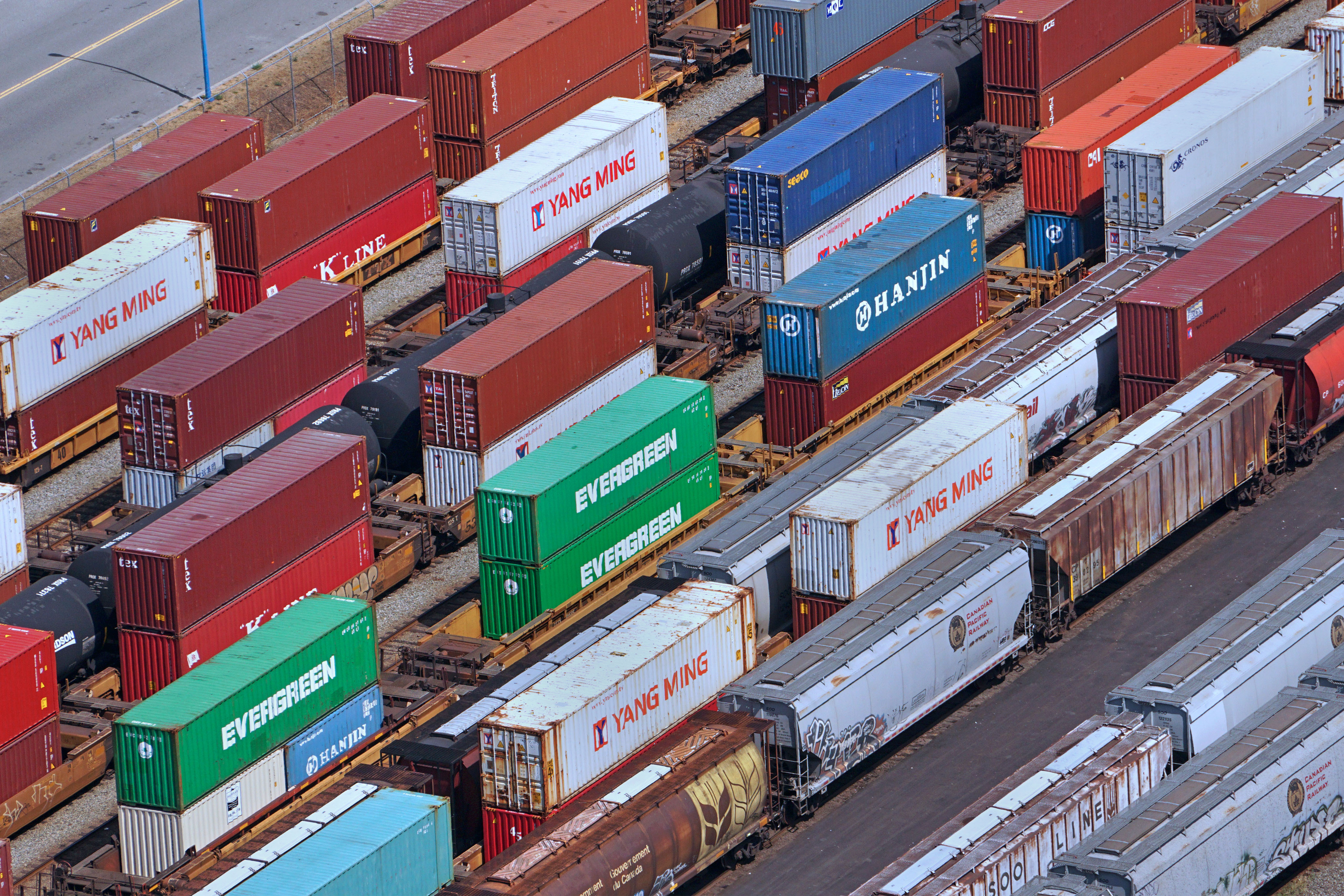
Are Tariffs Really Necessary?
Anytime you travel across an international border, the things you bring along with you could technically qualify as an “import” or an “export.” Obviously, the related governments won’t focus too much on these possessions if you are only visiting. Still, you might have to register some things or file some paperwork or pay a tariff. Of course, if you are moving from one country to another, you will definitely have to do one or more of these things.
What is A Tariff?
A tariff—which is also sometimes called a “duty”—is, put simply, a type of tax. It is a Clearit fee that you pay when you transport something of value across an international border.
Why Do We Pay Tariffs?
It is more important to understand why we need to pay tariffs than it is to just know what they are. When you bring something across the border, you pay a tariff as a deterrent from transporting too many goods. Essentially, tariffs make it harder for outside businesses to sell their products in a different country. More importantly, it encourages people to buy goods in their home country instead of looking for cheaper items overseas.

Yes, a tariff attempts to add cost to a cheaper overseas item so it is less attractive to consumers.
Tariff Justifications
For a more thorough understanding, here are four ways the government phrases their justification for assigning tariffs:
- Tariffs are issued as a means to protect domestic industries—and all the people they employ—by increasing the final retail price of a competing foreign good so they are within the same price range as the domestic good
- Tariffs are issued as a means to protect emerging industries—and all the people they employ—by increasing the price of foreign goods so that the new, local products can be more competitive, especially since flagship products in emerging industries tend to have a relatively higher retail price
- Tariffs are issued as a means to protect political trade alliances because they allow importing nations to change/increase their requirements in order to discourage exporting nations from violating trade agreements/alliances
- Tariffs are issues as a means to protect consumers from lower quality standards by discouraging them from buying foreign products (which might not have to follow the same domestic safety/quality regulations).
At the end of the day it is very easy to see that tariffs are a very good thing.


